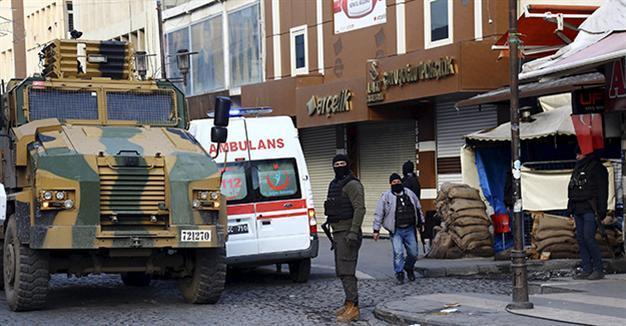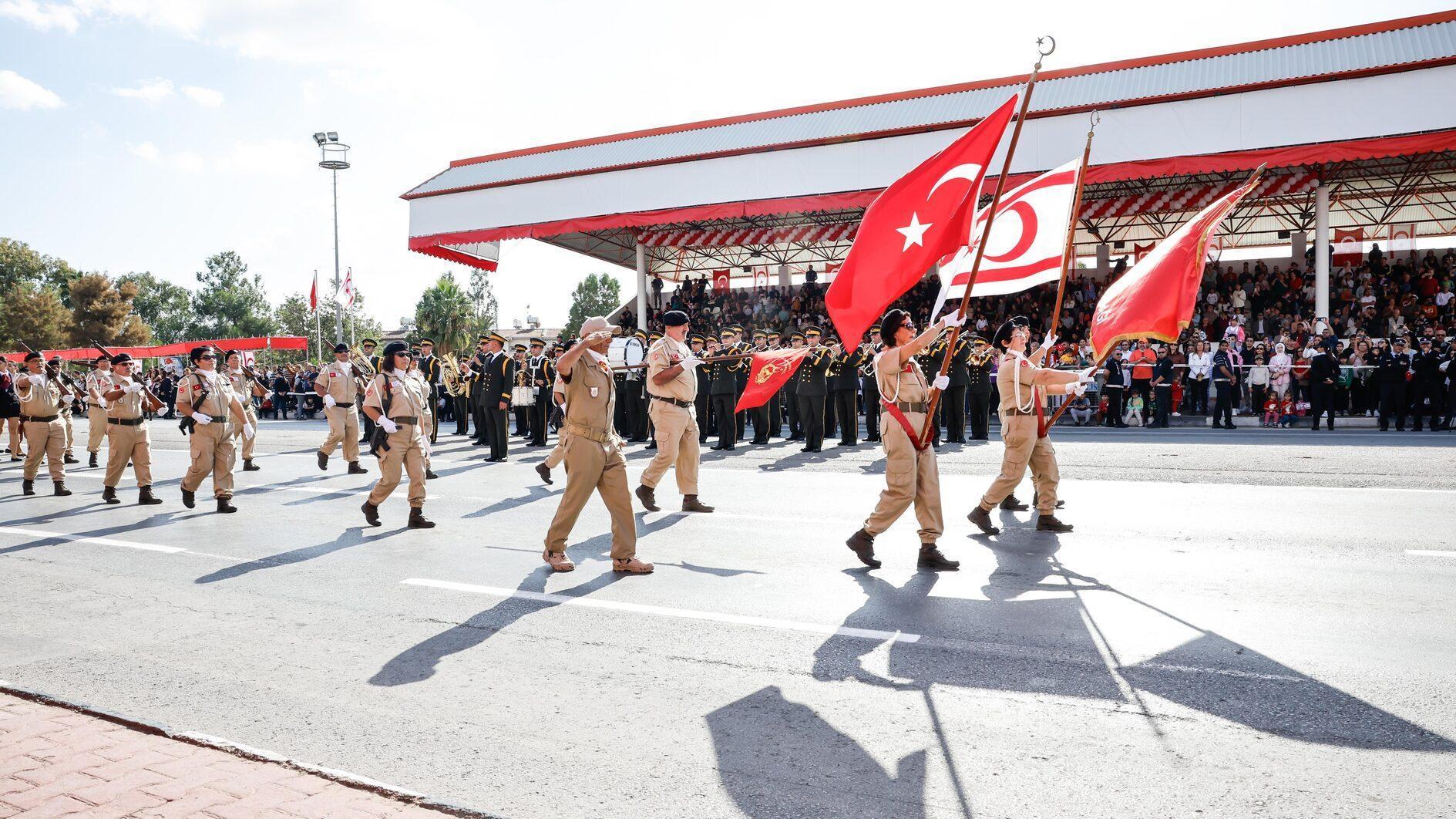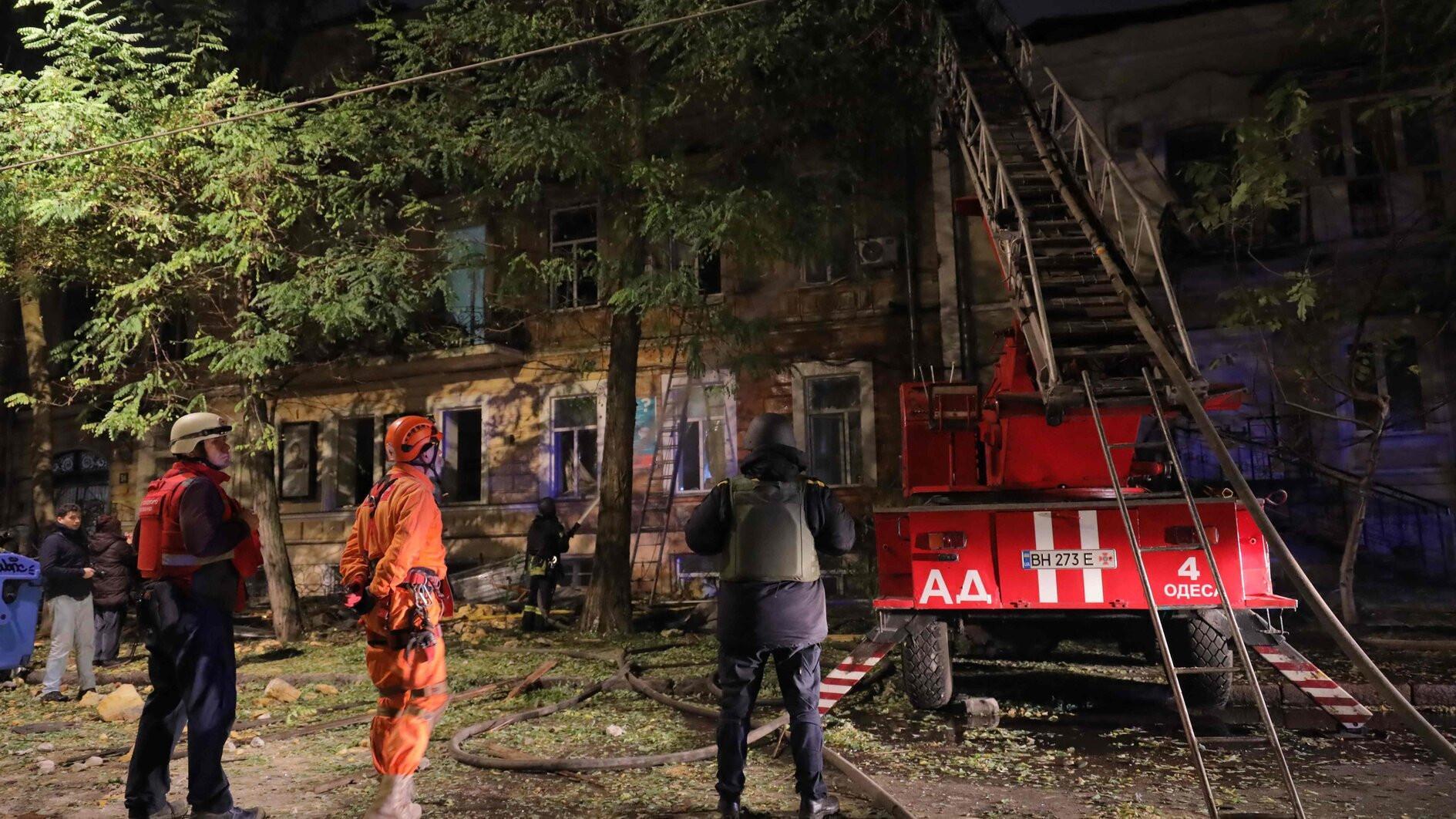European court dismisses requests to lift curfews in Turkey’s southeast
ANKARA – Anadolu Agency

Turkish police stand guard in Sur district, which is partially under curfew, in the southeastern city of Diyarbakır, Turkey January 12, 2016. REUTERS Photo
The European Court of Human Rights has dismissed demands for an interim injunction to lift ongoing curfews in two southeastern districts where operations against militants of the outlawed Kurdistan Workers’ Party (PKK) are continuing.The court made its ruling Jan. 12 in response to applications filed by attorneys of five Turkish citizens from Diyarbakır’s Sur district and Şırnak’s Cizre district where Turkish security forces imposed curfews last month as part of its anti-PKK operations.
The applicants requested the European court impose a temporary injunction so that the curfew could be lifted and ensure that Turkish operations were stopped or “conducted in line with international standards.”
On Jan. 8, the Turkish Interior Ministry sent its opinion regarding the issue to the European court.
In a press release on Jan 13, the court announced it had dismissed the application after ruling the elements at its disposal did not suffice for an interim injunction.
“The court relies on the [Turkish] government to take any necessary steps to ensure that physically vulnerable individuals can have access to treatment if they so request,” the press release said, while adding the court asked the applicants to keep it informed of any further developments.
Touching on the EU’s political reaction to the operations, EU Minister Volkan Bozkır previously said the EU was also engaged in a fight against terrorism in a bid to respond to growing terrorist threats across the continent and, therefore, could not criticize Turkey. In recent months, security forces have launched extensive military operation in districts like Sur, Cizre and Silopi and others to dissemble trenches and roadblocks that they claim have been erected by the PKK.
Curfews have been declared in many areas since early summer, raising concerns about the continuation of normal life and the ability of locals to meet their basic needs. The HDP brought the issue to the attention of the ECHR after its individual application to the Constitutional Court was rejected.
















